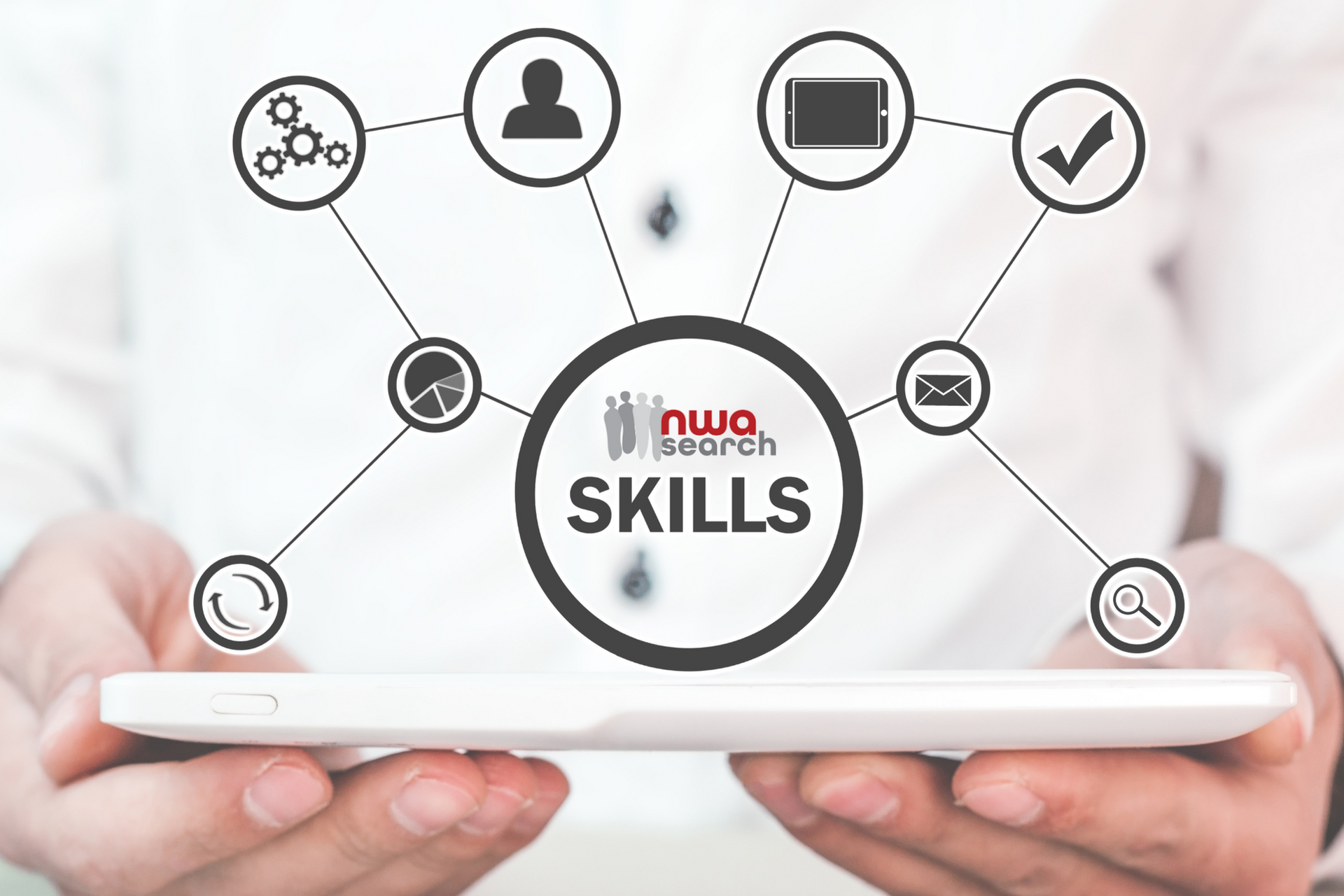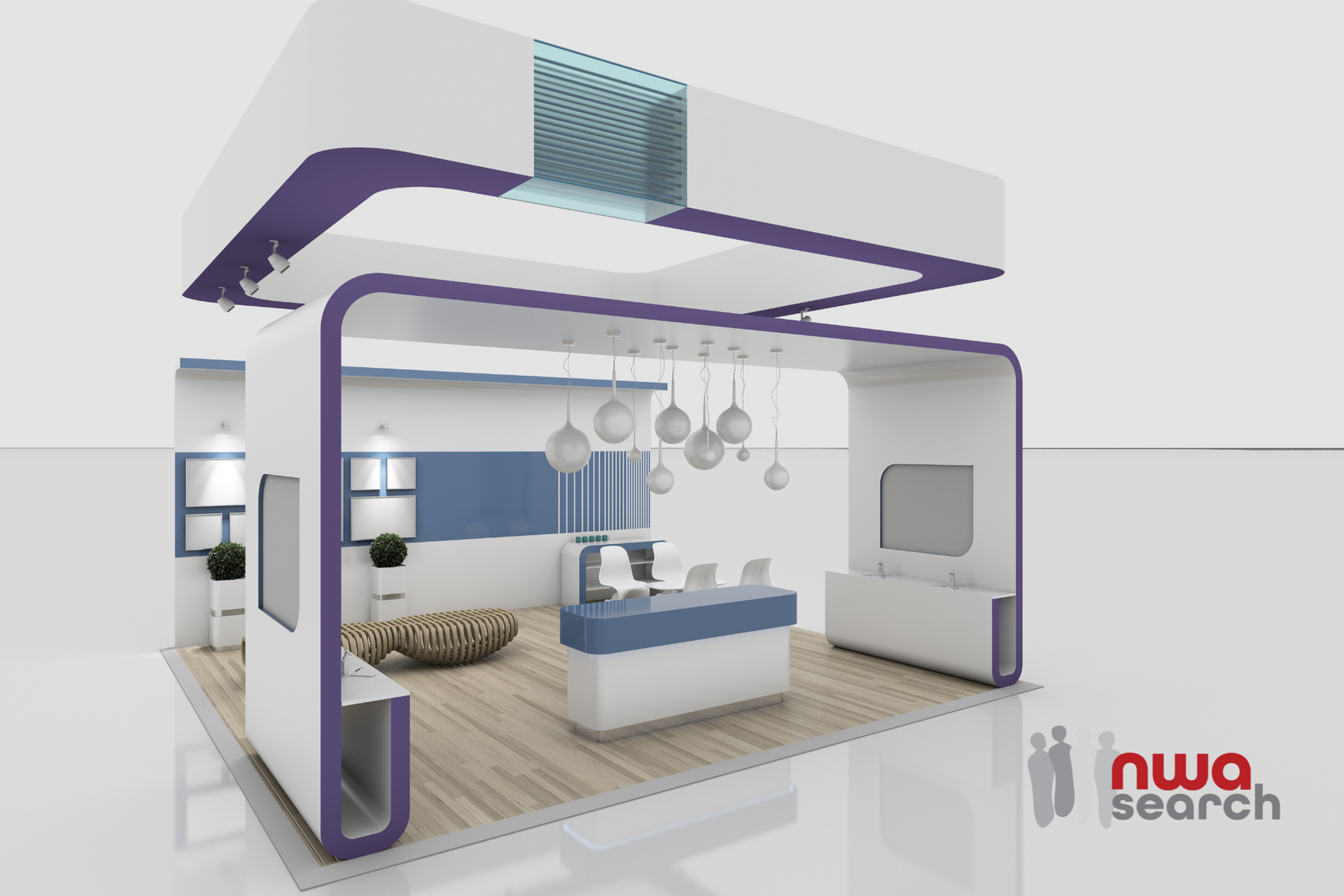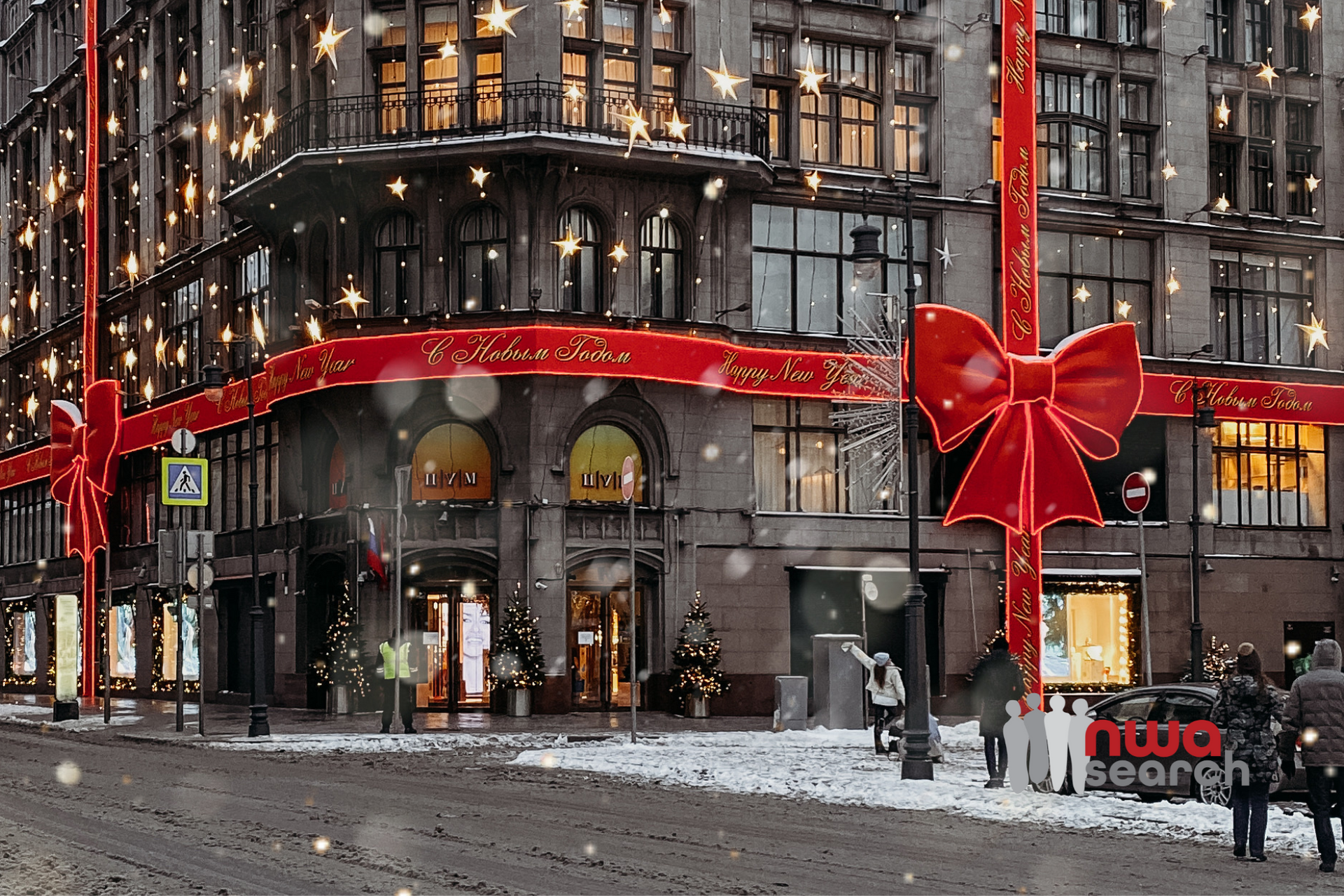5 Key Trends Shaping the Hospitality and Conference Workforce from 2024 to 2026
5 Key Trends :
The Hospitality and Conference Workforce from 2024 to 2026

As we move forward, the hospitality and conference planning industries are undergoing some exciting shifts—not just in the experiences we provide for guests, but in how we work behind the scenes. Whether you're organising events, managing hotels, or overseeing teams, staying on top of these workforce trends will help you recruit the right people and design more efficient, cutting-edge operations.
Here are five key trends shaping the hospitality workforce from 2024 to 2026:
1. Flexible Work Models: The New Normal
For years, hospitality roles were synonymous with long hours and rigid schedules. That’s changing fast. Conference planners and hospitality workers now expect more flexibility—whether that’s hybrid roles for administrative staff or more control over shift patterns. Offering part-time or remote options can help attract the best talent. A recent survey found that 68% of workers prioritise jobs that offer flexibility, and this is becoming a critical factor for businesses looking to stay competitive in hiring.
2. Tech Integration: Enhancing Efficiency
Technology isn't just improving guest experiences—it’s making conference and hospitality work smoother, too. From AI-powered booking systems to project management software that helps event planners stay on track, tech is revolutionising how we operate. For workers, this means that tech-savvy candidates are increasingly in demand. Whether you're recruiting event staff who can use virtual platforms or hospitality teams comfortable with automated systems, digital skills will be a top priority. A study shows that 60% of hospitality employers are focusing on hiring staff with digital expertise.
3. Sustainability: A Value for Employees, Not Just Guests
Sustainability isn’t just for show—it’s becoming a core value for both companies and employees. Workers want to feel they’re part of businesses that care about the environment, which is especially important for event organisers and hospitality workers. Whether it’s reducing waste, sourcing eco-friendly materials for conferences, or creating sustainable supply chains, companies that take green initiatives seriously will have a recruitment advantage. In fact, 75% of job seekers prefer to work for businesses committed to sustainability.
4. Upskilling and Professional Development: A Talent Magnet
The rapid advancements in technology and customer expectations mean that continuous learning is essential. Workers in hospitality and conference planning are drawn to businesses that invest in their growth—whether through leadership training, event design workshops, or learning how to implement sustainable practices. Offering upskilling and development opportunities not only improves service quality but also helps attract and retain ambitious professionals. In fact, 80% of employees are more likely to stay with companies that support their career growth.
5. Diversity and Inclusion: A Non-Negotiable
Diversity and Inclusion (D&I) are no longer just buzzwords—they’re business essentials. For conference planners and hospitality professionals, creating diverse and inclusive teams helps reflect the broad range of clients and guests served in the industry. Whether it’s hiring for more inclusive event planning roles or diversifying recruitment processes in hotels, embracing D&I leads to better decision-making and higher performance. Research shows that companies with diverse teams see higher levels of innovation and engagement, making D&I a critical focus in recruitment going forward.
By understanding these trends, businesses and conference designers can not only recruit better but also create work environments where employees thrive. Offering flexible schedules, tech-driven roles, sustainability initiatives, and upskilling opportunities will be crucial in attracting the next generation of workers.










